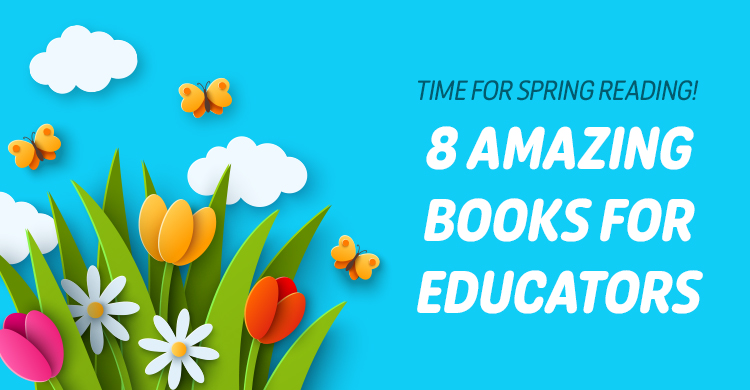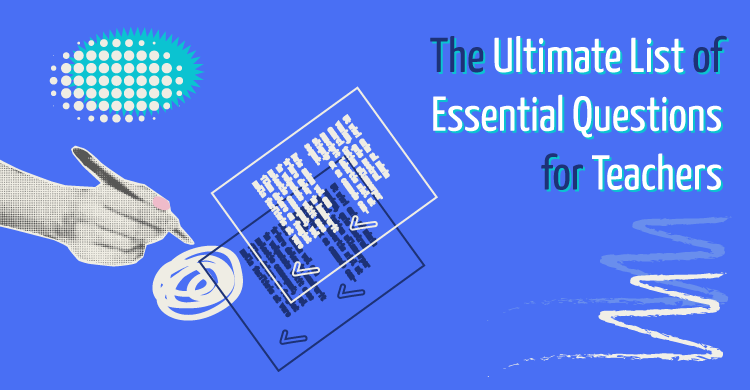There’s lots of buzz about feedback. It is discussed on social media, raised in the context of teacher evaluation, cited as an element of PLCs, and deemed integral to the interactions between teachers and students. Joellen Killion addresses it in an excellent new book, The Feedback Process: Transforming Feedback for Professional Learning (Learning Forward, 2015). The pervasiveness of the topic of feedback made me curious: What’s the big deal?
I consider myself to be a lifelong learner, and aware of how I approach my learning. I’ve checked myself on those occasions when I’ve received feedback, asking if I am in a space of growth or one of defensiveness. When I occupy a growth mindset, feedback stimulates my curiosity about where my learning edge is – that is, where am I on the path to mastery? Such feedback provides valuable insight that suggests that I need more practice. In response, I seek out ways to learn, I feel more inquisitive, my awareness expands and gets more discriminating. The locus of control is within me. I choose.
When I don’t occupy a growth mindset, I get defensive. I make up excuses and shut down my learning. Even if I play the game of participating, I only do that which is expected. The locus of control is outside of me. It’s as simple as that, and as complex as that.
It has always been our intent, reflected in the design of the SMART Improvement Process, that at each level – system, school, team, and student – the improvement process itself engages educators as learners.
- Are there gaps?
- Where are they?
- What’s the evidence?
- Is it a trend or a special cause speed bump?
- How do we choose a strategic focus for our learning?
- How does the system support the schools?
- How does the school support the teachers?
- How do the teachers support the students?
At each level, the Process is a reliable set of steps with the potential to lead to growth. People make it work; they use their knowledge, skills, and dispositions to learn and to apply their learning. (See page 81 in More Than a SMART Goal: Staying Focused on Student Learning for a data logic chain showing the steps in the Process.)
As educators, we have the right and responsibility to claim our learning and to choose its focus. When we are trusted and empowered to study our own practice, using helpful feedback to improve for the benefit of ourselves and our students, we reside at the very heart of effective professional learning. (The tables on pages 81 and 82 in The Handbook for SMART School Teams, Second Edition explain the characteristics of effective feedback and provide tips for receiving feedback.)
Here are some of my favorite ways to solicit and obtain helpful feedback:
- Participating in study groups, communities, and teams
- Co-constructing professional learning designs
- Asking someone to observe and give feedback
- Being coached
- Asking a group that I am facilitating for informal feedback
- Asking participants to question and challenge our learning as I facilitate them
- Reflecting on and challenging my learning edge
What are your favorite ways to seek feedback? Who owns your learning? Who owns your path to improvement?
[author_bio id=”383″]





